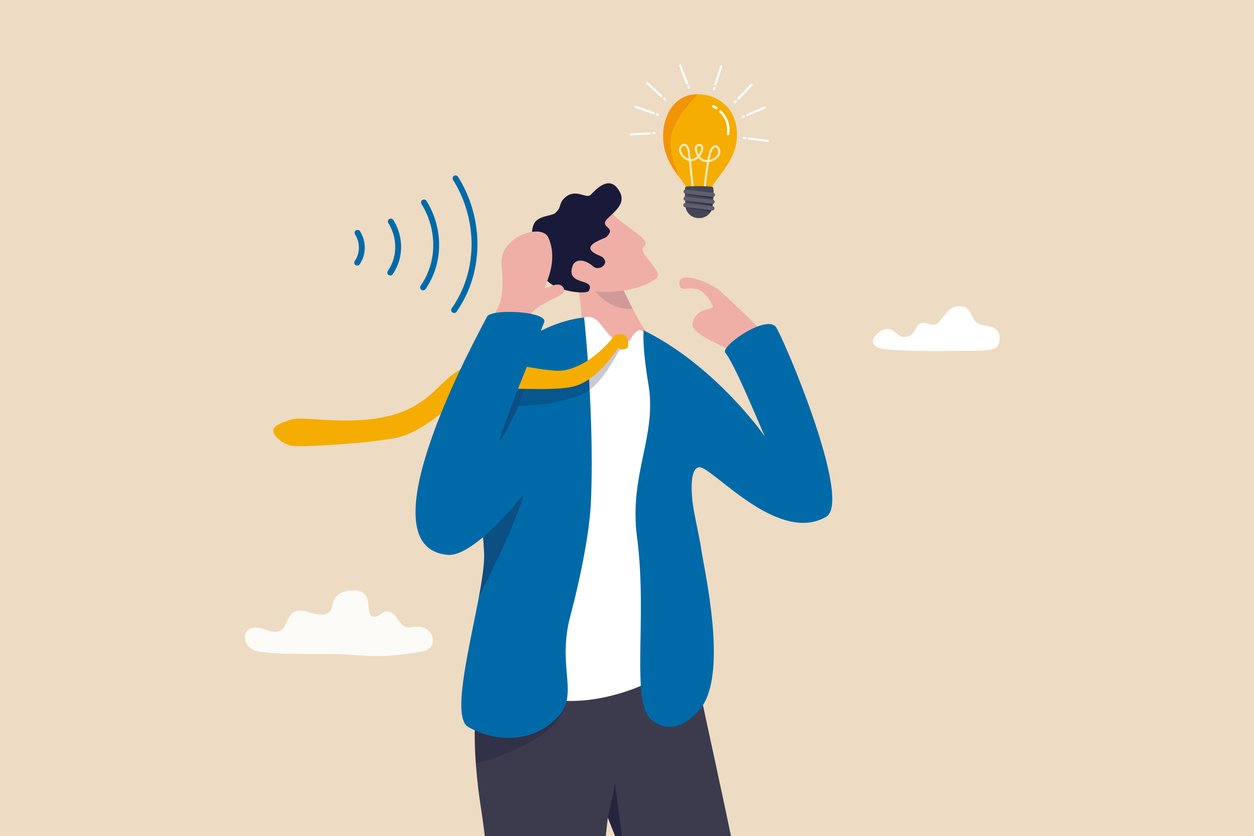In the intricate tapestry of our lives, the choices we make intertwine the threads that define our journey. Whether in personal relationships, career paths, or even daily activities, the ability to make informed decisions is a skill that has lasting consequences. Grasping how to navigate the complexities of decision making can change challenges into opportunities, empowering us to live more fulfilling lives.
Daily, we encounter decisions that test our judgment and shape our futures. Yet, many struggle with the weight of these choices, overwhelmed by fear of failure or the pressure of expectations. By mastering the art of smart decision-making, we can unlock insights that lead to greater clarity and confidence. This article delves into proven techniques, psychological insights, and practical tools that can elevate our decision-making prowess, guiding us towards choices that reflect with our true selves and aspirations.
Methods for Intelligent Decision-Choosing
Making effective decisions typically hinges on utilizing a small number of critical strategies. One effective method is to apply the SWOT analysis, which includes identifying advantages, disadvantages, prospects, and risks related to a choice. This evaluative method helps highlight various factors of the decision, allowing you to balance risks against likely benefits. By systematically assessing these elements, you can develop a better comprehension of the case and make more choices.
One more significant method is the use of decision-making frameworks, such as the DECIDE model, which means Define the issue, Set factors, Consider the options, Select the best option, Develop and implement a plan, and Assess the results. This organized approach divides the decision-choosing methodology into approachable parts, lessening uncertainty and enabling you to stay focused on the end goal. By adhering to this structure, you can ensure that you are factoring in all relevant factors and not missing key points.
In addition, infusing mindfulness into your decision-making process can greatly boost focus and focus. Being mindful helps you to pause and consider before making determinations, allowing an opportunity to evaluate feelings and thoughts objectively. By cultivating a peaceful and conscious mindset, you can dodge rushed decisions caused by anxiety or external forces, therefore leading to better outcomes.
Understanding Selection Psychology
The science behind choices is a detailed interaction of thought patterns, affective states, and social influences. Comprehending how https://hedrick-neal.technetbloggers.de/opting-for-intelligently-methods-to-enhance-your-decision-making-abilities during the decision process is essential clarify why we commonly struggle to make choices. Cognitive biases, such as self-confirming bias and anchoring, can lead us to favor certain facts over alternatives, which skews our judgment. Identifying these prejudices is the first step in lessening their impact and making wiser choices.
An additional crucial factor of making decisions is the impact of emotions. Even though often seen as harmful to logical thought, emotions can offer valuable perspectives into our desires and values. Emotional awareness plays a key role here, as individuals who can identify and handle their feelings tend to make more effective conclusions. This balance between emotional awareness and analytical thinking creates a comprehensive approach to making choices, permitting people to assess both facts and instincts.
Social influences also shape our choices significantly. The need for approval and social validation can drive us to align with the opinions of peers, sometimes at the expense of our own desires. Understanding the power of peer influence helps in recognizing situations where we may be manipulated by group dynamics. By being aware of these mental influences, we can endeavor to cultivate a stronger decision process which is reflective of our genuine selves and aligned with our future objectives.
Advancing Choices Under Pressure
Making decisions under pressure can be challenging, but there are strategies that can help streamline decision-making. A useful method is to split the decision into smaller parts, allowing you to examine aspects one at a time instead of feeling swayed due to the entire situation. Such an approach can illuminate what’s important and enable you to focus on the essential elements, which fosters improved choices during high-stress moments.
Another critical strategy is to utilize mindfulness. Being present can help reduce stress and improve focus. Techniques such as breath control or quick mindfulness practices can tranquilize the mind, allowing for more effective decision-making . Through practicing yourself to stay centered, you can more readily access your intuition and thought processes, which helps to manage difficult decisions.
Finally, creating a set of decision-making frameworks can aid in rapid, efficient determinations in tight timelines. Familiarize yourself with tools like decision-making trees offering organized methods to assess alternatives efficiently. This readiness not just streamlines decision-making and additionally builds surety, enabling you to make decisions more decisively when the pressure rises.

